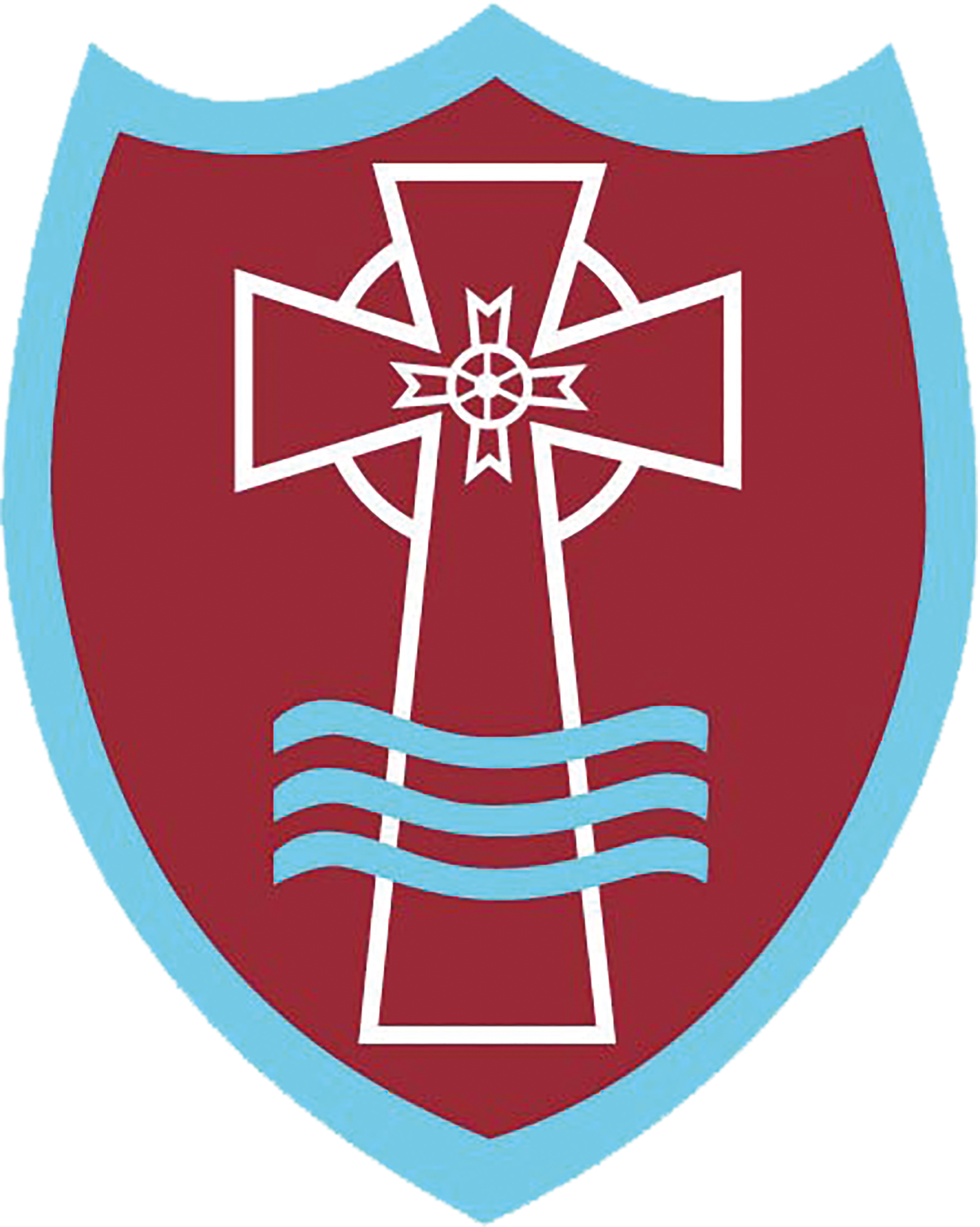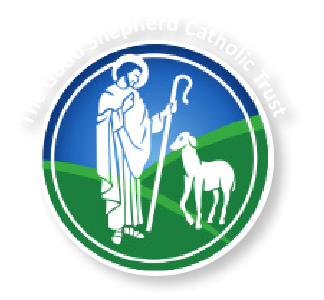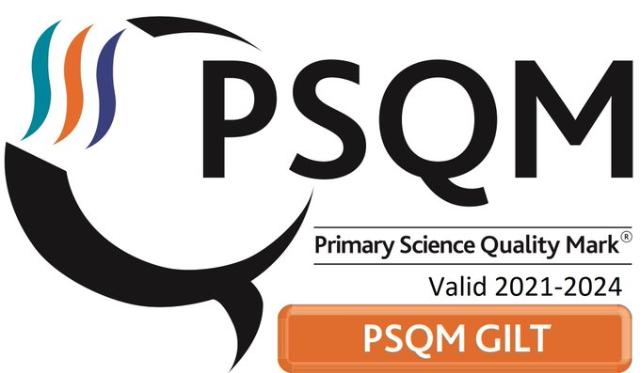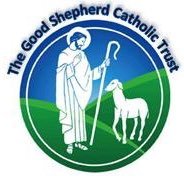Science

Video awards ceremony for Primary Science Quality Mark
Our Vision
Throughout the Science curriculum, children are given the opportunity to understand the world around them. In Foundation Stage the children are provided with a range of activities and opportunities to explore the environment in order to grasp an understanding of the world around them.
In Key Stage One and Two the children explore Living Things, Materials and Physical Processes. At St. Aidan’s children research, design their own experiments, ensure fair testing, observe, measure, record and draw conclusions. Great Science lessons at St. Aidan’s include practical, hands-on investigation and enquiry; excitement, fun, inspiration and innovation; giving children the independence to question, explore and make discoveries – delivering the ‘Eureka’ moment! And by doing this, ensuring every child is making progress as a scientist.
As a school community we are extremely proud to have been awarded the Primary Science Quality Mark (Gilt Standard) for our work in Science. The process of applying for the Quality Mark has allowed us to reflect on and engage in outstanding practice in Science.
Applying for the award has given us the opportunity to:
- raise the profile of science in our school
- systematically evaluate and develop all aspects of science teaching and learning in our school
- develop leadership skills of our staff
- publicly celebrate our school’s commitment to excellent primary science.
Our portfolio submission is below and showcases some of the wonderful work, achievements and practices which currently take place in our school.
Due to COVID-19 the awards evening for PSQM had to be cancelled - this video celebrates the programme and has a bespoke section for our school.
As a result of going through the process the school community indicated that an area that they would like to be developed would be the school gardens. In respect of this request we submitted a bid for a grant from School Food Matters, on behalf of Whole Kids Foundation and were successful. We are in the process of creating a fairy garden and an area where the children can grow and care for their own vegetables. Here is an extract from the document we submitted:
“Our aim is to widen the children’s knowledge and experience by having a school garden in which they are growing and eating food. We would love to introduce more wildlife such as butterflies, bees and birds. We are an inner London school who despite having allotments across the road, have a high percentage of children who have never grown anything and are not aware of where the food that they eat comes from. We have already begun developing the Woodland area in our school and have started planting flowers in the classrooms and small outdoor boxes to enhance the school environment. We are planning a magical “Fairy Garden” with a seating area where the children can come to sing, create, write and tell stories. This will be a huge advantage to enriching our literacy programmes. We also have 2 wormeries and in our nursery we have created a small sensory garden. We are now hoping to grow vegetables by utilising the green spaces that we are lucky to have situated around the school. “
Key Documents
Useful Websites & Links
Supporting your child in Science
If you are interested in finding out more about primary school Science and in supporting your child in the subject, then you the following websites could be helpful:
www.bbc.co.uk/bitesize/ks1/science/
www.bbc.co.uk/bitesize/ks2/science/
http://www.engineeringinteract.org/
BP - Ultimate STEM challenge - wearable tech
The theme for 2020 is Wearable Tech. Wearable technology is changing our world. From smartwatches that monitor our health to shoes that can change colour to match each outfit, the possibilities are endless. This year, the Ultimate STEM Challenge invites young people across the UK to come up with amazing ideas for new wearable tech that will improve our lives in the future. The challenge is for 9 to 14-year olds across the UK. Entrants will be judged in two categories: age 9-11 and age 11-14. Three winners will be chosen from each category. Category winners will be invited to take part in an exciting and unique all expenses paid Hackathon day at the BP Upstream Learning Centre in Sunbury!
They will discover incredible new developments happening in the world of wearable tech before working with scientists, coders and designers to bring their own designs to life.
Click below for some useful website links for everyone!
Science Kids
http://www.sciencekids.co.nz/experiments.html
Science Bob
https://sciencebob.com/
Terrific Scientific
https://www.bbc.co.uk/teach/terrific-scientific








